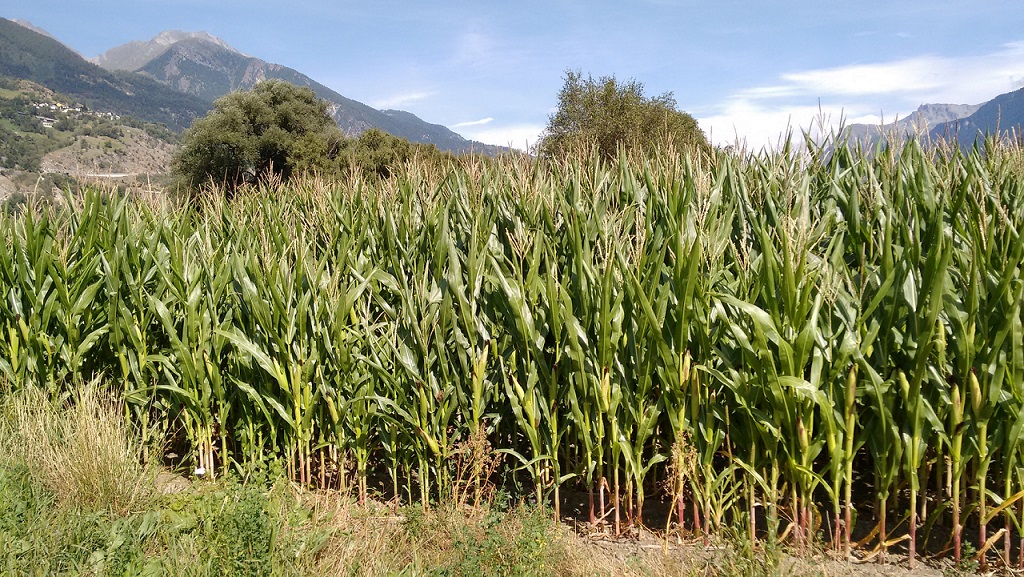Effects of maize secondary metabolites on plant-ruminant-soil interactions

Secondary metabolites produced by crop and grassland plants are taken up as animals feed on the plants. Ingested secondary metabolites may affect animals directly or indirectly by changing the gut microbiome. In ruminants such as cattle, the rumen hosts diverse microbiota that interact with the host in a symbiotic, commensal or potentially pathogenic way. Importantly, the microbiome is involved in the fermentation of otherwise inaccessible plant materials and thereby provides metabolites as energy source to the ruminant host. Understanding how plant secondary metabolites affect the rumen microbiome is, therefore, important to understand ruminant health, performance and food production. Furthermore, as the ruminant digestive system provides important organic fertilizer in the form of feces, secondary metabolites that are ingested by ruminants may have important feedback effects on soil health and productivity.
Maize is a widely used feed product in cattle, but the effects of maize secondary metabolites on ruminant health are poorly understood. Plant secondary metabolites are the major secondary metabolites of maize and have been shown to strongly influence soil microbiota. In this cluster, we will investigate how plant secondary metabolites affect the rumen microbiota and whether these changes are associated with changes in ruminant health, metabolism and performance, including product quality (e.g. milk). Furthermore, the impact of plant secondary metabolites on feces as fertilizer for plants will be investigated by measuring soil and plant health parameters. These experiments will help to understand the effects of plant secondary metabolites on plant-animal-soil interactions and will provide a basis for the improvement of the overall health of agricultural systems.
